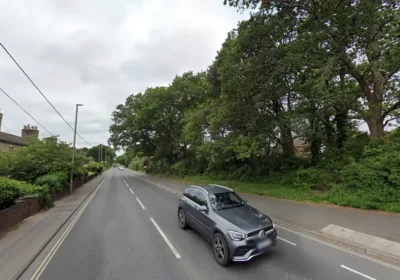FAMILIES are being urged to check if their children are eligible for free school meals – saving them up to £450 per year, per child.
With the cost of living crisis affecting households across the county, Dorset Council is reminding families under financial pressure to find out if their child qualifies for the initiative.
As well as receiving a healthy meal every school day, a child’s school will receive extra government funding – called the Pupil Premium – towards more teaching staff, tuition or activities, totalling between £1,035 and £1,455 per year.
Dorset children who receive free school meals can also take part in free activities during the summer, Christmas and Easter holidays.
Holiday food vouchers will also be provided for eligible pupils until at least March 2024.
Dorset Council provides a confidential checker so parents and carers can quickly see if they qualify. Schools do not see financial information about the families applying.
All pupils approved for free school meals will be eligible until at least March 31, 2025, and after that, until they finish the school phase they are in.
Cllr Byron Quayle, portfolio holder for children, education, skills and early help, said: “With the challenging economic climate impacting many households, families are finding themselves under increasing financial pressure.
“Some children can qualify for free school meals and be provided with a daily nutritious lunch – which is important for your child’s health and wellbeing.
“If you receive qualifying benefits, please complete our quick and easy confidential checker to see if your child can receive a daily free school meal, as well as holiday activities and help your school to receive more funding.”
To apply for free school meals, log on to www.dorsetcouncil.gov.uk/education-and-training/schools-and-learning/at-school/free-school-meals
Anyone with concerns or questions can also call 01305 221090.
Who can get free school meals in Dorset?
A child may be able to get free school meals if their parent or carer receives any of the following:
• Income Support
• Income-based Jobseeker’s Allowance
• Income-related Employment and Support Allowance
• Support under part VI of the Immigration and Asylum Act 1999
• The guaranteed element of Pension Credit
• Child Tax Credit; this is as long as you’re not entitled to Working Tax Credit and your annual gross income is no more than £16,190
• Working Tax Credit ‘run-on’ payment (paid for 4 weeks after you stop qualifying for Working Tax Credit)
• Universal Credit: this is as long as your household income is less than £7,400 a year (after tax and not including any benefits you get)
Children who are paid these benefits directly, instead of through a parent or carer, can also get free school meals.









Leave a Reply